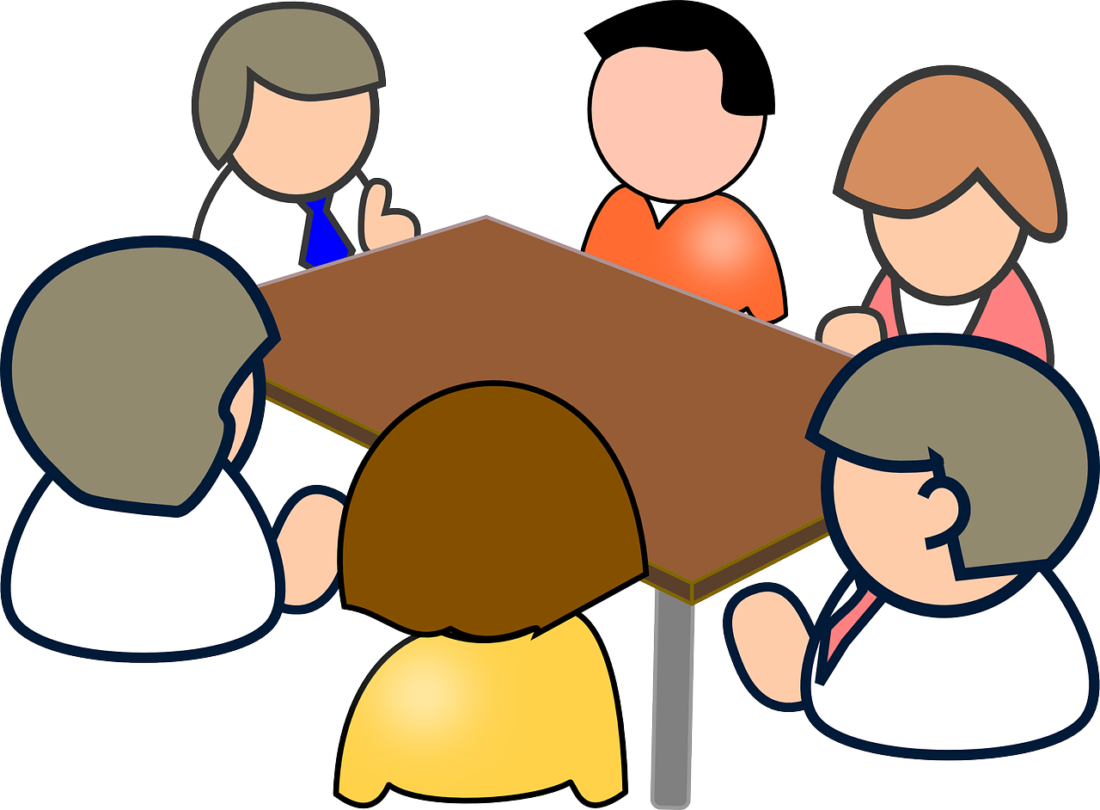
I met Andrew Curran Wesleyan during our days together in Hartford and although he has since moved away to New Haven, we still keep in touch regularly via email. The reason why I bring this up is that Andrew and myself have been speaking recently about the power of debate in education, and how lucky both he and I were that we had a university professor who actively encouraged healthy debate. Andrew and I had our fair share of debates over the years and we would regularly seek out some healthy retaliation after a loss. Debate is something which Andrew believes should be encouraged more in the classroom, and here is why.
Seeing Both Sides
Andrew was always keen on debating both sides of an argument rather than just one and in fact he would try his best to debate on the opposing side of what he actually believes. The reason why he told me that he did this is so that he can open his eyes to both sides of an argument, and use that as a way of testing whether his original belief was right at all. Skills like this can help many people in life, an attorney with a lawsuit, a political with a choice to make or even a parent with a child who has different views to theirs. As Andrew says, when kids are taught to see both sides of an argument, they become a more humble and more open person.
Accepting Defeat
Only one person can win in a debate and the emphasis on those who have lost was always about learning why one lost, and seeking to rectify it without complaint. During our debate years Andrew was always the first person to try and talk you through a loss, he would break down the debate and work out whether you lost because of the points you made or because of the way that it was delivered. When Andrew speaks so candidly about kids debating, he always says that it should be done in a healthy manner, whereby a loser simply lost this time around, placing high focus on their need to understand why they lost and go again. Learning to accept defeat is a key tool in any young person’s armor.
No Taboo
Andrew believes that if we can educate young people about the fact that people have different beliefs and ways of thinking, that we can use that to further smash any taboo subjects which may be occurring. For example I can remember very well a debate which Andrew and I had on mental health, and how it should be viewed by society. Here we are 20 years later and mental health is accepted as a real health issue by society and governments, in what has been a huge shift from the old approaches. As Andrew alludes to, were there more schools and colleges that debated like we did back then, the attitude towards a subject like this may have reached its current status a great deal sooner.
What are your views on debating, do they line up with Andrew’s?

